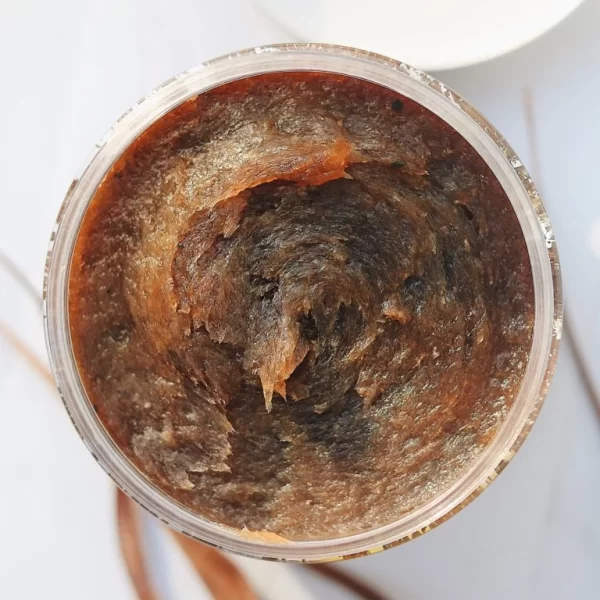Health
Is black soap good or bad for the skin? Here’s what science says about it
Many black soaps are marketed as being the cure for a variety of skin diseases. How true is this?
In Osun and Oyo states, Western Nigeria, a study was carried out by Igbeneghu OA to evaluate the antibacterial qualities of 20 different herbal soap brands.
The soaps were gotten from herb vendors and shops in five different marketplaces and then brought to the lab. Here’s what the outcome of his research was:
What is in black soap?
The amount of ingredients in the soaps was not disclosed by the manufacturers; however, the plant elements included shea butter, aloe vera, honey, cam wood, lime juice, palm bunch ash, cocoa pod ash, avocado oil, and palm kernel oil.
These components are antibacterial, and honey is particularly effective at preventing skin and wound infections. Aloe vera has been shown to be antibacterial, and lime fruit portions have also been shown to be likewise.
Camwood leaves are medicinally useful for treating superficial skin infections like eczema, and stem preparations from the plant have been demonstrated to have antibacterial qualities as well.
We know that soaps play a crucial role in maintaining overall body cleanliness by effectively reducing the presence of microbes on the skin, ultimately reducing the occurrence of skin diseases.
This is achieved by physically removing germs loosely attached to the skin.
So, how effective are black soaps and herbal soaps in combating skin infections?
They have some antibacterial properties
The assessment of the antimicrobial properties of the soaps showed a clear correlation between their ingredients and their ability to combat bacteria. This shows the presence of antibacterial agents in the herbs or plant components used to make these black soaps.
The majority of soaps were more effective against gram-positive than gram-negative bacteria and fungi. This is important because this group of gram-positive organisms is responsible for many skin infections like acne, impetigo, furuncles, and carbuncles.

They can’t cure all skin infections
Local herbal soap manufacturers often underestimate the importance of this organism specific ingredients when promoting their products as a solution to all types of skin infections and problems, regardless of the organisms responsible. However, it was discovered that this claim is actually false.
The two Gram-negative bacteria, E. coli and Pseudomonas aeruginosa, as well as the yeasts that were examined, were found to be inactive against about 75% of the soaps.
All the soaps that were studied showed no effectiveness against the yeasts, highlighting the urgent need to intensify the search for antifungal plants that can be used in Nigerian herbal soaps.
Poor packaging affects the effectiveness of the soap
The herbal soaps produced by manufacturers who prioritize the quality of packaging not only enhance the overall appeal of their goods but also ensure a strong connection between the ingredients and their effectiveness.
However, it is concerning that the remaining 65% of producers do not prioritize good packaging, as this heightens the chances of environmental contamination, particularly from fungi. Such contamination can potentially compromise the effectiveness of these soap samples in treating skin infections.
Conclusion
The results of this study revealed that Nigerian herbal soaps possess powerful antimicrobial properties, making them highly effective in combating and controlling bacterial-induced skin infections.
To achieve optimal results, these soaps must be carefully prepared using a precise combination of plant materials that specifically target the causative organisms.
In addition, if the soap is packaged attractively and accompanied by clear instructions on how to use and store it properly, it can greatly improve its ability to effectively treat and manage skin infections.














